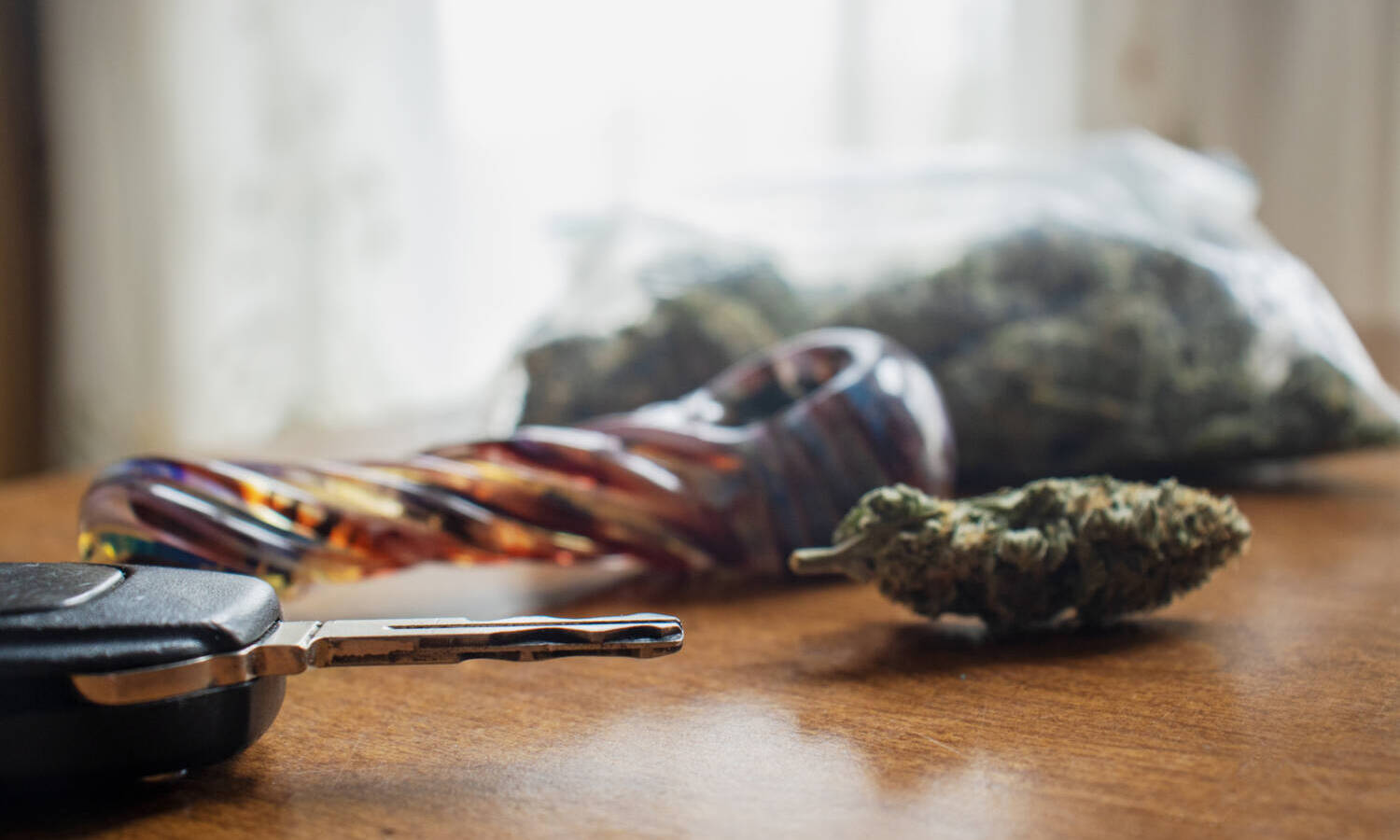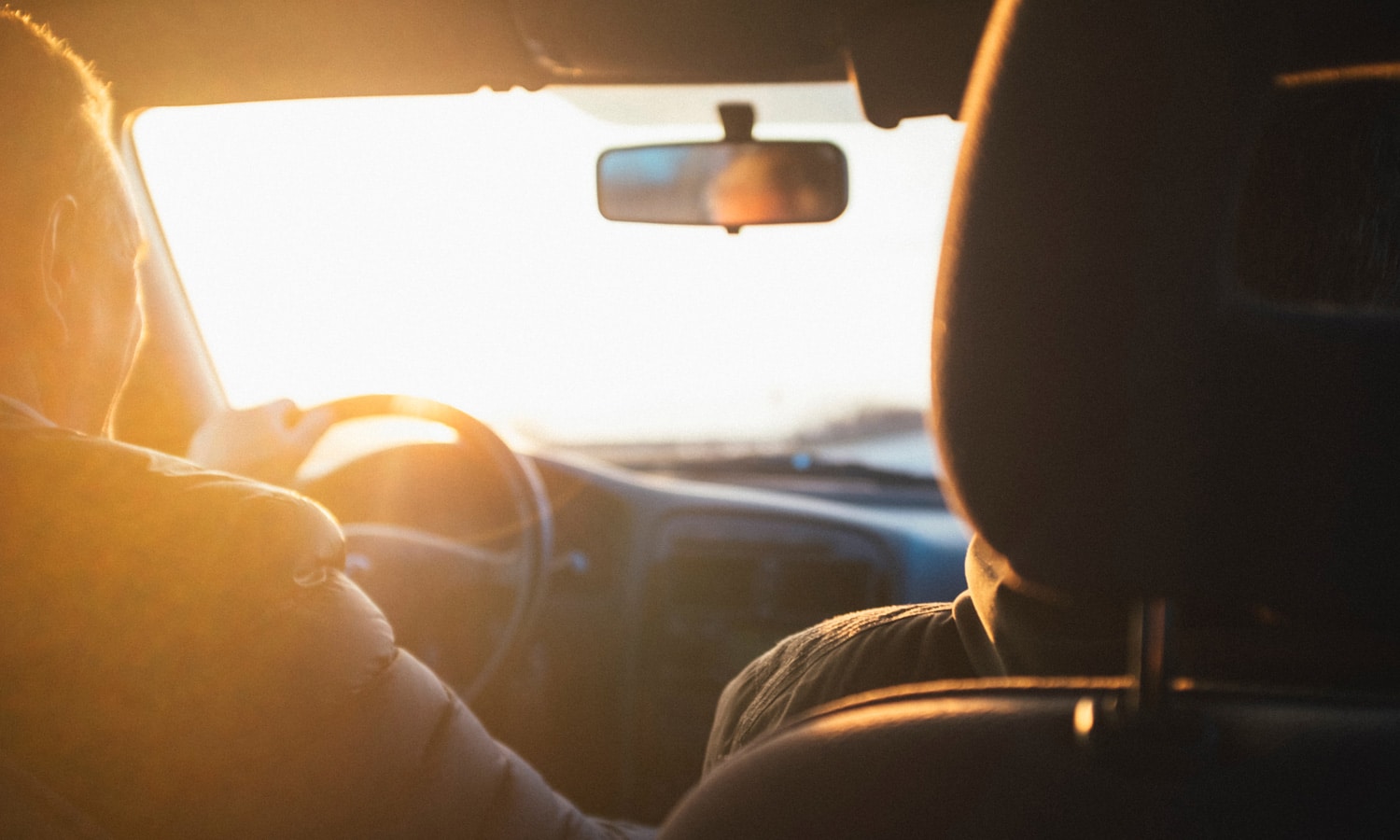
Why are legal cannabis states seeing fewer DUIs?
This article originally appeared on Cannabis.net and has been republished with permission.
Throughout Prohibition, we have been committed to the idea that if we legalized cannabis, everyone would just start smoking like junkies on the hunt for their latest cure. When cannabis was legalized, that didn’t happen.
They told us that if we legalized cannabis, kids would suddenly think it’s okay to smoke weed, and we’d have a bunch of red-eyed kids running around, all “delinquent” and all. When we legalized, it appeared that youth use rates did not change and, in some cases, fewer youth participated in the activity.
Photo by Los Muertos Crew via Pexels
Now another myth that has often been perpetuated by the ban seems to have resurfaced, the myth that if legalized we’d have “stoned drivers” everywhere. Unfortunately, with most prohibition myths, once a legal market steps in to prove or disprove the point, the facts usually side with cannabis.
A recent Marijuana Moment article pointed to a study that found legal marijuana states are less disruptive to driving than prohibitive states.
“The risk of self-reported DUIC was significantly lower in recreational and medical states than in either state,” the study authors wrote. “Current cannabis users in states that use only recreational and medicinal cannabis were significantly less likely to report driving within three hours of getting high in the last 30 days compared to current users who live in states without legal cannabis.”
“A possible explanation for the lower prevalence of DUIC in legal states is the perceived safety of cannabis use associated with DUIC, which varies by legalization,” the study continues. “In legal states, cannabis users may receive more information about the risks of cannabis use from sources such as physicians who issue medical cannabis cards or pharmacy staff than users who do not live in either state.”
In other words, the researchers believe that because cannabis is legal, chances are that consumer education will play a crucial role in reducing DUIC. People living in legal states tend to become more “aware” of the side effects of cannabis and begin to see cannabis use in the same light as drinking and driving, which people tend to avoid.
RELATED: Drivers are less likely to get behind the wheel in states with legal weed
Conversely, since there is no public education about cannabis and driving in states that ban the plant, they are less likely to engage with other people who would openly frown at the idea of driving. The culture is already “illegal”, which means that other illegal things, such as B. Driving high may present a smaller gap than if what you’re doing is legal. Police are in the process of developing new protocols for testing cannabis-infused drivers.
In other words, in a Prohibition state, merely smoking marijuana would mean you’re breaking the law. But in a legal state, only drinking and driving would justify an illegal act. If you’re already doing something illegal, it costs less to do other illegal things than not breaking the law.
However, the authors also believe that there could be another reason.
“States that have not legalized cannabis cannot regulate the labeling of cannabis products, while many recreational and medicinal states require warning labels and directions on products,” the researchers wrote. “Some edible cannabis products include warnings about driving within hours of consumption.”
 Photo by Cappi Thompson/Getty Images
Photo by Cappi Thompson/Getty Images
This is part of the consumer education benefit of legalization. You can actually warn the consumer products compared to the illegal market which has no regulations. This means that by the simple act of consuming a legal product in a cannabis-friendly state right on the packaging, you are being exposed to the ideas of responsible consumption.
RELATED: Driving high on marijuana may not be as dangerous as prescription drugs
While many people may not read these labels, the subconscious absorbs them and, over time, slowly begins to solidify in the consumer’s consciousness. This is not possible in prohibition states.
In fact, the authors recognized this in their research:
“Since regulation of cannabis products is not possible in non-legal settings, mass media campaigns can be a good option by educating about DUIC,” the authors said, concluding, “Although all states educate their citizens about the potential dangers of DUIC.” If you use cannabis and drive, this analysis suggests that states without legal cannabis need special DUIC prevention efforts.”
Ironically, the states that cling to the myths perpetuated by Prohibition appear to be the ones suffering the consequences these myths suggest if you were to legalize cannabis. The truth is that legalization has worked as a policy, and while there are certainly areas for improvement, there are net benefits to society from legalization.
The ban does nothing to reduce cannabis use and appears to fare worse when it comes to reducing the potential side effects of mass cannabis use – reducing DUIC, youth use, etc.
What would happen if we did this to all drugs?
Cannabis should never have been made illegal. However, the same could be said for any other drug. While it’s true that meth doesn’t have the same “social value” as cannabis, its use should never be illegal.
Indeed, if we can learn anything from Prohibition, it is that applying the “law enforcement approach” only makes drug use more dangerous. We’ve seen what can happen when we slowly educate people about how to use drugs properly.
We know that when people we treat like adults and give them freedom of choice, they usually tend to find some balance and practice safe consumption habits.
 Photo by Darwin Vegher via Unsplash
Photo by Darwin Vegher via Unsplash
In 2022 we must realize that the policies dreamed up by corrupt politicians over 50 years ago are the real cancer of society. And if we really want to make society “safer” from drug use, we’re going to bring it out of the shadows, into the light, and teach people how to get really high.
It’s time we removed the stigma associated with drug use and realized that we are all (for the most part) caffeine junkies. We all use a drug in one way or another, and just because some have effects that make you doubt their existence doesn’t mean they should be illegal.
I’m sure if we embraced drug use in a responsible way and gave adults space to experiment with their own consciousness, the world wouldn’t end, drug addiction rates would go down, crime would go down, and we would enter a new cultural revolution within 10 years of legalization.
Of course, that last part is just personal guesswork, but one thing is for sure: even ban fails because of what ban wants to stop, it’s time for something better.
This article originally appeared on Cannabis.net and has been republished with permission.

Post a comment: